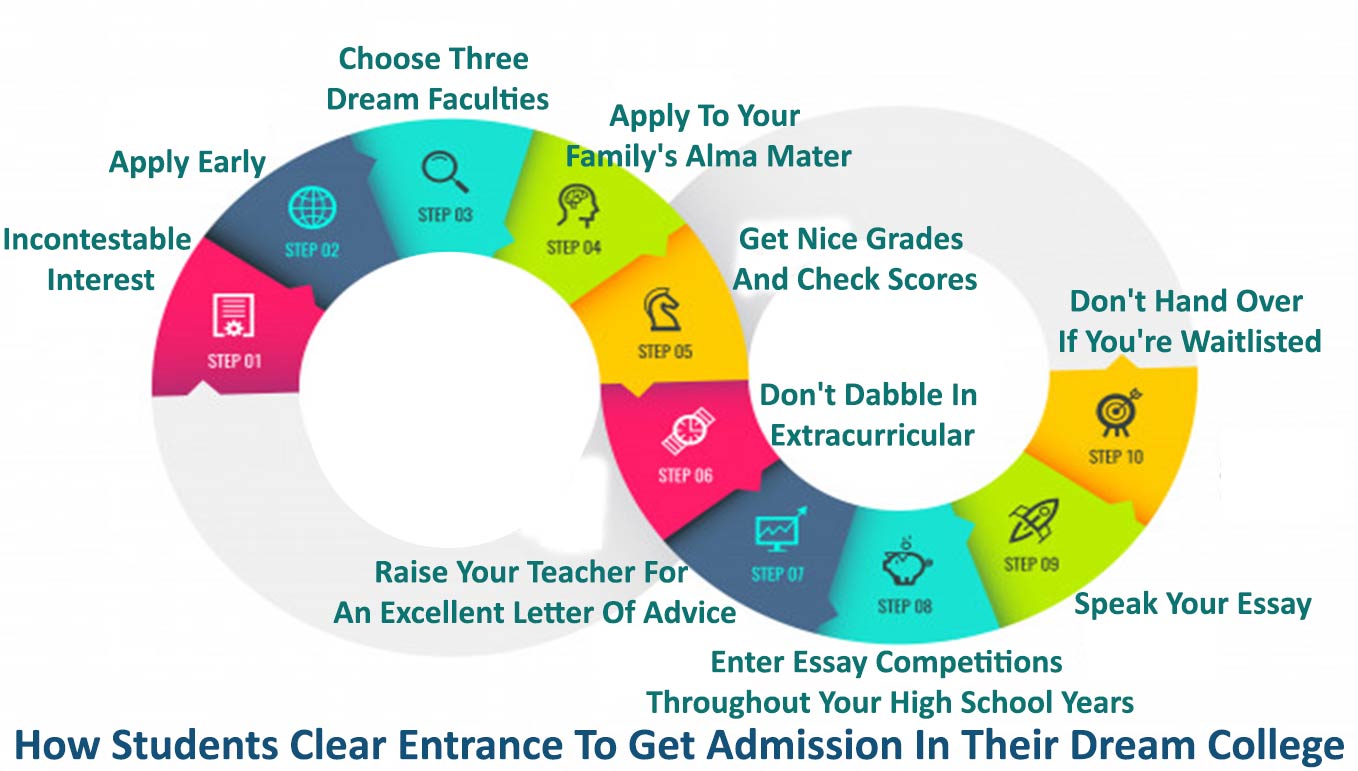Your Grades Are Not a Reflection of Your Intelligence
As a result of the modern grading system, many children incorrectly assume that their IQ is proportional to how well they do in school. But remember that your grades aren't a reliable indicator of your IQ or skill level. This article will explore the many reasons why a student's grade should not be used as an indication of their IQ, and it will stress the significance of putting effort into improving oneself outside of the constraints of the grading system.

Distinctive Abilities
The conventional grading system focuses on a small subset of intelligence, like logical-mathematical and language skills, while ignoring other types of intellect. The idea of multiple intelligences proposed by Howard Gardner holds that people have more than one kind of intelligence. This intelligence includes linguistic, spatial, musical, bodily-kinaesthetic, and aesthetic. So, a single grade cannot fully represent a student's abilities.
Evaluation Is Highly Subjective
Teachers' grading standards, when left subjective, vary widely from one individual to the next. Factors such as prejudices, expectations, and individual interpretation of assignments writing may affect the grading process. As a result, a student's grade only sometimes determines their level of competence or effort. Because of this subjectivity, it is no longer plausible that grades are reliable indicators of cognitive ability.
Different Ways of Understanding
Every single student has a distinct way of studying and absorbing information. While some students learn best in a classroom environment, others benefit more from practical, real-world experience. Unfortunately, grading systems reward specific ways of learning and punish people who may need to follow the norm. As a result, even bright children may need help in school if their preferred instruction and assessment methods are compatible.
Emotional Considerations
Students typically place a high emotional value on their grades. Even if a student is intelligent and has excellent potential, receiving lesser marks may be discouraging and lead to low self-esteem. The correlation between intellect and academic achievement is complicated because stress, worry, and fear of failure may all harm performance. An individual's level of emotional health has been shown to correlate directly to how well he or they do academically.
Learning and Improvement
Grades are a little indicator of accurate intelligence. It includes intellectual abilities that are very important in the actual world, such as analysis, problem-solving, creativity, and flexibility. Grade-obsessed students risk missing out on experiences that might help them develop as people and learn about who they are. Grades don't represent everything about a person's intellect, including their motivation to participate in extracurriculars, follow their interests, and broaden their skill set.
Understanding versus Memorization
In most grading systems, recall and recall accuracy precede knowledge and understanding. Some students may be fine identifying information for tests but may have difficulty using it in practical settings. A student's ability to think critically and solve problems is highlighted, which may not be reflected in their grades.
Inadequate Methods of Evaluation
Exams, quizzes, and written assignments are the primary tools for determining a student's final grade. While there are benefits to using these approaches, it's possible that they only capture a portion of a student's whole set of skills. Traditional grading systems limit the exposure that students with exceptional skills in the arts, music, athletics, or leadership get to their intellect.
Constraints of Time
Exam and assignment deadlines may put a severe damper on progress. The stress of exams might be overwhelming for students, and they may need more time to absorb and digest the material. Since this is the case, their actions may not indicate their actual level of intellect or mastery of the material. Using test times as a measure of intelligence might be misleading.
What I'm interested in and passionate about
Academic evaluations seldom consider a student's unique set of interests and goals. Passion for a topic or field of study motivates students to dedicate more time and energy to it, resulting in enhanced learning and development. But if they aren't interested in a topic, they cannot perform as well even if they are brilliant in other areas. When assessing a person's intellect, it's essential to consider what they're passionate about and interested in.
To adopt a growth mindset
With the right approach, intelligence may be fostered and grown through time rather than being a static characteristic. Students who put too much emphasis on grades may develop a fixed mentality in which they assume their IQ is immutable. If we can get kids to stop worrying so much about their marks and more about how they may better themselves and their chances of success in life, we will have accomplished our goal of helping them become more well-rounded individuals.
The World Outside the Classroom
A student's grade seldom reflects the capacity to apply information in the actual world. Abilities like flexibility, communication, teamwork, and problem-solving are all part of what makes someone intelligent outside of the classroom. Grades may not represent the full extent of a student's intellect, measured by their capacity for transdisciplinary learning and practical application.
Conclusion
Finally, remember that grades are not the be-all and end-all of academic success. This is something you really must remember. Grades are not a reliable indicator of a student's potential because of the grading system's narrow focus, inherent subjectivity, and inability to accommodate different learning styles. Because of these flaws, the grading system can only provide a rough assessment of a student's potential. Young children, teachers, and parents all need to know that there is more than one kind of innovation and that grades do not define intelligence. This is because there are several manifestations of intelligence. If one is committed to self-improvement, cultivating unique abilities, and developing a love for learning that goes beyond the constraints of standard grading systems, then that individual may reach their maximum intellectual potential.
Students who recognize the limitations of grades and adopt a more nuanced understanding of intelligence are better equipped to focus on their learning, development, and the cultivation of skills that will serve them far beyond the confines of the classroom. Instruction emphasising critical thinking, problem-solving, creative thinking, and applicability to the real world will give students the best chance to reach their full potential and succeed in many areas of life.



